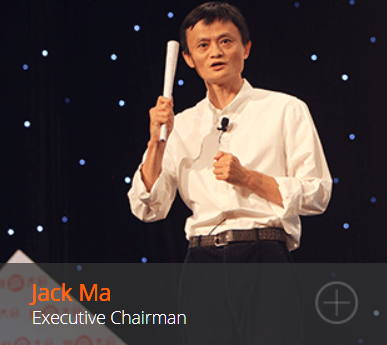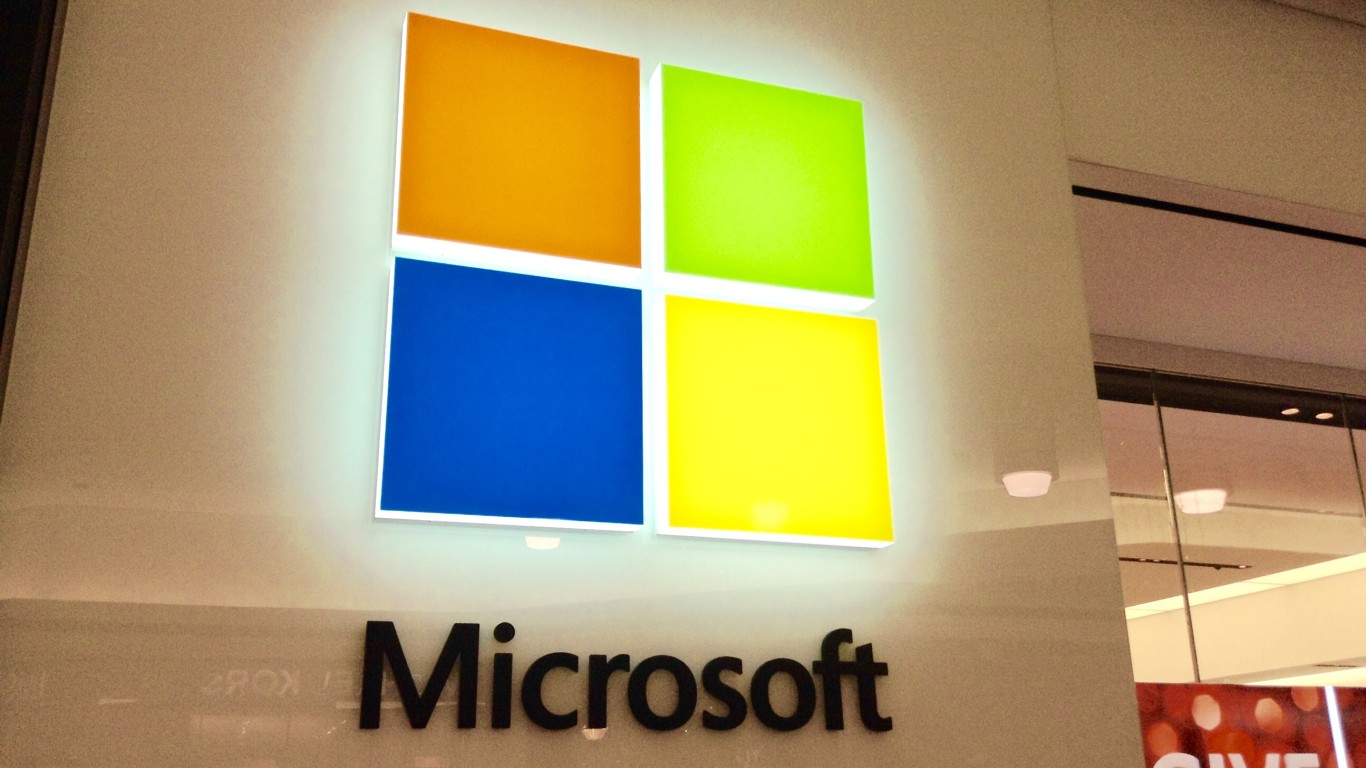
The SAIC is China’s State Administration for Industry and Commerce, and last month the agency released a white paper that accused Alibaba of taking insufficient action to stop sales of fake goods on its website.
That is probably not why the SEC is interested though. According to the white paper, SAIC officials met with Alibaba executives in July of last year to discuss the issue. Alibaba, however, did not reveal the meeting in any of its pre-IPO filings and, according to a report at Caixin, the SAIC said in the white paper that “the July meeting was deliberately kept from the public in order ‘not to influence preparation work prior to Alibaba’s initial public offering.’” Caixin also noted:
This type of communication between a major business and a regulator behind closed doors is not uncommon in China as a form of protectionism intended to ratchet up economic growth.
That revelation immediately ginned up five class-action lawsuits against Alibaba for possible violations of SEC regulations. Now the SEC has apparently decided to take a look.
ALSO READ: Is Weaker Alibaba Growth a Sign of Things to Come?
Alibaba chairman Jack Ma met with SAIC officials in late January. The result was that Ma said he would cooperate with the agency and devote more effort and money to eliminating the sale of fake goods on the company’s websites. For its part, Caixin reports that the SAIC said the white paper was not in fact a white paper, but minutes of a meeting and not “legally binding.”
Such a declaration might carry a lot of weight in China, but it has little impact on the SEC, and that has Ma and the Chinese government worried. As Caixin pointed out:
This back-tracking will do little to stop the fall-out outside China because it is no longer up to the Chinese regulator to interpret whether the document carries any legal weight. … As a listed company, Alibaba has failed to demonstrate a social responsibility matching its business standing. Considering this social responsibility, it shouldn’t be successful just because it has the protection of usually merciful regulators.
Since late January, Alibaba’s shares have dropped about 13.5% and closed Friday at $89.05, in a post-IPO range of $82.81 to $120.00. The consensus price target on the stock is around $112.00. Alibaba’s market cap is $221.5 billion.
ALSO READ: Did GE Just Become More Activist-Friendly or Activist-Minded?
Thank you for reading! Have some feedback for us?
Contact the 24/7 Wall St. editorial team.





